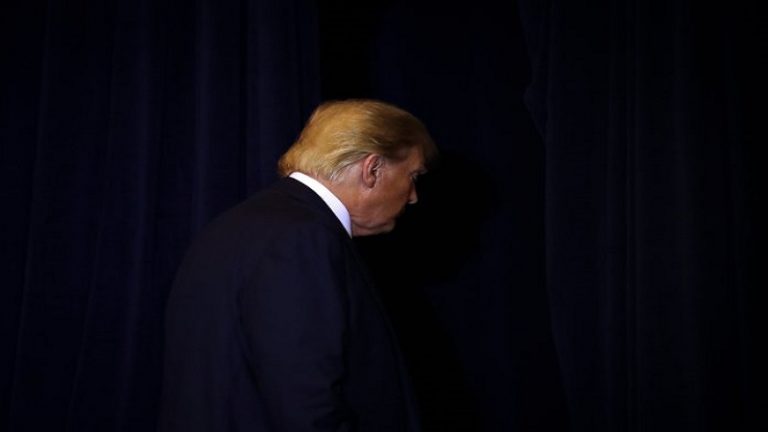
President-elect Donald Trump, facing a historic felony conviction for falsifying business records in connection to a hush money payment, was formally sentenced Friday in New York.
In a highly unusual move, Manhattan Judge Juan M. Merchan handed down an unconditional discharge, declining to impose any punishment. This outcome cements Trump’s conviction while allowing him to assume the presidency unencumbered by fines, jail time, or community service.
What is an Unconditional Discharge?
Under New York law, an unconditional discharge is a sentence that ends a case without imposing penalties such as fines, probation, or imprisonment. While the conviction remains on the record, the judge essentially deems further punitive measures unnecessary.
Register for Tekedia Mini-MBA edition 19 (Feb 9 – May 2, 2026): big discounts for early bird.
Tekedia AI in Business Masterclass opens registrations.
Join Tekedia Capital Syndicate and co-invest in great global startups.
Register for Tekedia AI Lab: From Technical Design to Deployment (next edition begins Jan 24 2026).
Judge Merchan’s decision to opt for this leniency in Trump’s case is unprecedented for a felony conviction, particularly given the high-profile nature of the charges. Prosecutors supported the no-penalty sentence, describing it as a way to conclude the case without prolonging constitutional and political debates.
Case Background: The Hush Money Scandal
The case stemmed from a $130,000 payment made to adult film actress Stormy Daniels during Trump’s 2016 presidential campaign. Daniels alleged that the payment was intended to silence her claims of a sexual encounter with Trump a decade earlier. Prosecutors argued that Trump falsified business records to conceal the payment as a legal expense, a violation of New York state law.
Trump maintained his innocence throughout the trial, repeatedly denouncing the case as politically motivated.
During the sentencing hearing, Trump called the trial “a very terrible experience” and denied any wrongdoing. Afterward, he took to his social media platform, declaring: “Today’s event was a despicable charade, and now that it is over, we will appeal this Hoax, which has no merit, and restore the trust of Americans in our once great System of Justice.”
Impact of the Conviction
Though Trump avoided penalties, the felony conviction carries significant legal and reputational implications such as:
- Voting Rights: Trump, a registered voter in Florida, retains his right to vote, as Florida restores voting rights to felons upon completion of their sentence.
- Firearms Restrictions: Federal law bars felons from possessing firearms, potentially affecting Trump’s gun ownership rights.
- DNA Sample Requirement: Under New York law, Trump must submit a DNA sample for the state’s crime database, though it is unclear how this will be enforced given his unique circumstances.
Speaker of the House Mike Johnson joined Trump’s allies in condemning the case, describing it as a politically motivated “witch hunt.” Johnson also attacked the prosecution team, calling them “deranged” and reaffirming his support for Trump’s appeal.
“This entire case against President Trump has been a politically motivated and contrived witch hunt aimed solely at preventing him from returning to the White House,” Johnson stated.
Criticism of Trump’s Behavior
Prosecutors took issue with Trump’s attacks on the judiciary, including his claims of a corrupt and biased legal system. Assistant District Attorney Joshua Steinglass argued that Trump’s rhetoric has undermined public confidence in the rule of law.
“The once and future President of the United States has engaged in a coordinated campaign to undermine its legitimacy,” Steinglass said during the sentencing.
Broader Impacts of The Ruling
This case marks a historic moment in American politics and jurisprudence: the first time a former president—and an incoming president—has been convicted of a felony. While the conviction solidifies Trump’s status as a polarizing figure, it also underscores the tension between the legal system and the political landscape.
With three additional indictments looming, this may be the only criminal case against Trump to go to trial. The outcome sets a complex precedent, leaving legal experts and political observers divided over the implications for justice and governance in the United States.
As Trump prepares to return to the White House, the unresolved questions surrounding his conviction and its political aftermath will likely remain a point of contention for years to come.



